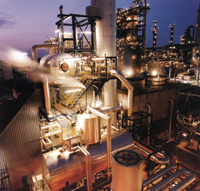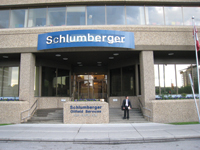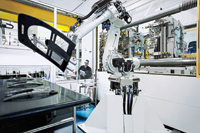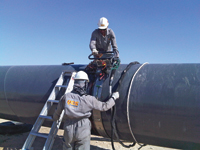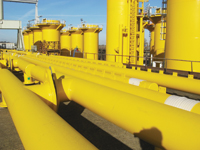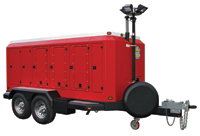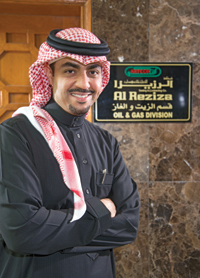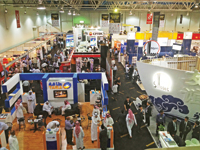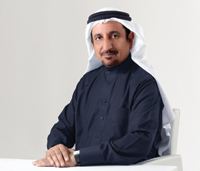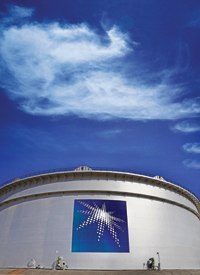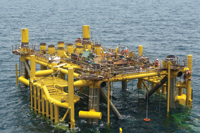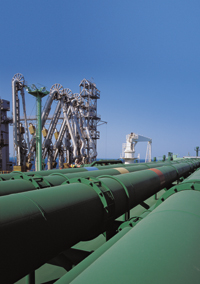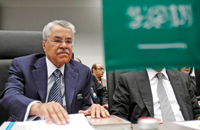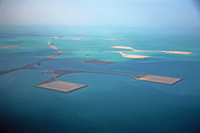
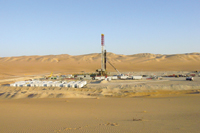 Srak ... coming to nought
Srak ... coming to nought
ROYAL Dutch Shell is set to pull out soon from a joint venture that has searched for gas in Saudi Arabia’s Empty Quarter for years, due to disagreements with the government over terms, four industry sources familiar with the matter say.
The gas search has been a top priority for Saudi Arabia as it struggles to keep pace with rapidly rising domestic demand for energy, but the shale revolution has opened up more lucrative opportunities for energy companies elsewhere.
At least three foreign firms have already abandoned their searches for commercially viable gas deposits beneath the sea of sand dunes that cover south east Saudi Arabia.
Shell has stuck it out longer in its South Rub Al Khali Company (Srak) joint venture with state-run Saudi Aramco, after finding small quantities of gas in the Kidan area.
But the relatively high cost, low return of developing the challenging deposit in a country where gas sales prices are fixed at a fraction of probable production costs looks set to drive Shell away too.
“Shell has been wanting to pull out of the Empty Quarter for a while, and now they have decided to take this step but it hasn’t been formalised yet,” a Gulf-based industry source familiar with the matter says.
Aramco’s insistence on buying the gas from the international firms at just $0.75 per million British thermal units (mmBtu), at a time when gas buyers in east Asia are paying their suppliers over $17/mmBtu, makes further foraging for gas very unattractive for international oil companies (IOCs).
Two other industry sources with knowledge of the project say Shell had decided to pull out after failing to reach agreement with the government on development terms.
“They didn’t reach an agreement with Aramco and they withdrew,” another industry source close to the project says.
A spokesman for Shell declines to say whether the company had decided to pull out of the Srak joint venture, saying that talks with the government continued.
“Shell is in regular dialogue with officials at the Ministry of Petroleum and Mineral Resources and our joint venture partner Saudi Aramco,” he says.
A Saudi industry official also says talks between Aramco and Shell were ongoing.
“Shell has not withdrawn and has not applied to withdraw,” the official says.
A withdrawal of Shell after nearly a decade partnering Aramco in Srak, would follows Italy’s Eni and Spain’s Repsol abandoning their futile searches for gas in the Empty Quarter in 2012.
France’s oil major Total was initially a partner in the Kidan project, however discouraged by the poor results the firm abandoned the project in 2008 selling its 30 per cent stake back to Srak.
Saudi Arabia has kept its vast and highly profitable oil reserves off-limits to foreigners, but needs gas to help cover domestic fuel demand and conserve oil for export.
It invited investors in 2003-2004 to find and produce gas in the desert in Saudi Arabia’s southeast, known as Rub Al Khail.
When the IOCs signed up to search the desert for gas, the global gas supply outlook was tight and prospects for new finds limited.











































































